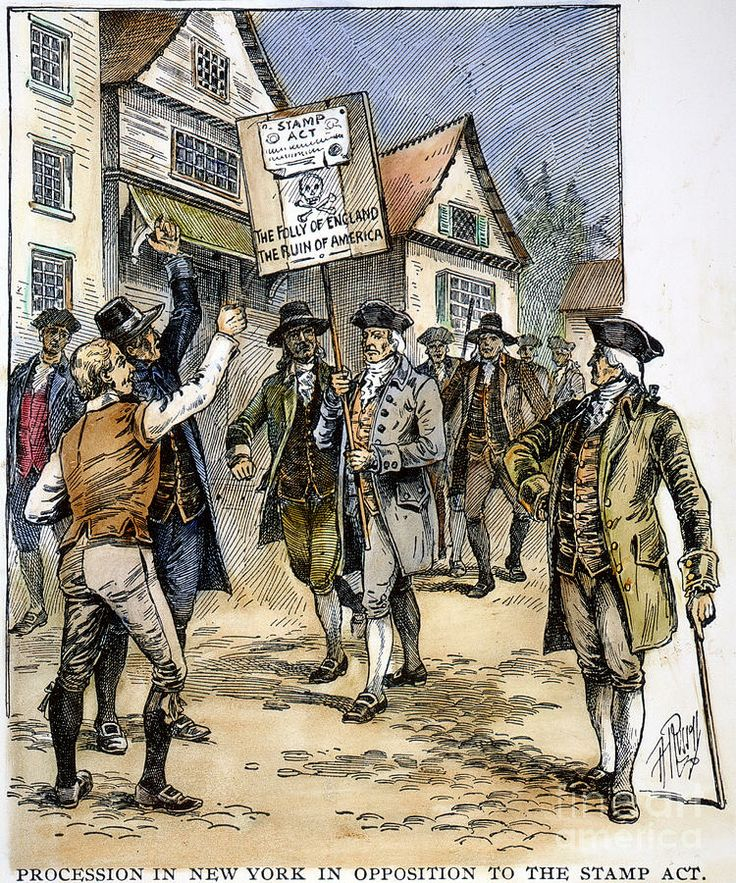He Stopped the Stamp Act of 1765
Franklin came to England in 1757 to act as a diplomat for the Council of Pennsylvania in a dispute with descendants of the Penn family about who should represent the Colony. He eventually became a member of the Massachusetts, Georgia, and New Jersey legislatures.
Franklin was dispatched as a colonial envoy to England in 1764, this time on King George III's advice to form a central control committee of England in Pennsylvania, apart from the "priority" heirs. He also served as a colonial envoy to Georgia, New Jersey, and Massachusetts during this time. Despite charges from various factions in the United States that he was engaged in its creation, he vigorously opposed the Stamp Act in London. The Stamp Act, passed by the British Parliament in 1765, imposed a direct tax on British America's colonies. In the United States, there has been strong opposition to the Act. Franklin led the American cause in London, and the Stamp Act was abolished in March 1766. As a result, Franklin became the primary advocate for American interests in the United Kingdom. His opposition to the Stamp Act, and later the Townshend Law of 1767, put an end to his dream of becoming a British government official, as well as his association with pro-independence elements. It also caused an irreversible rift between him and his son William, who remained a staunch supporter of the British Empire.
It can be seen that Franklin's efforts have paid off. He is also considered a leading spokesman. And it can be seen that contributing to the abolition of the stamp law is considered one of the main accomplishments of Benjamin Franklin.











